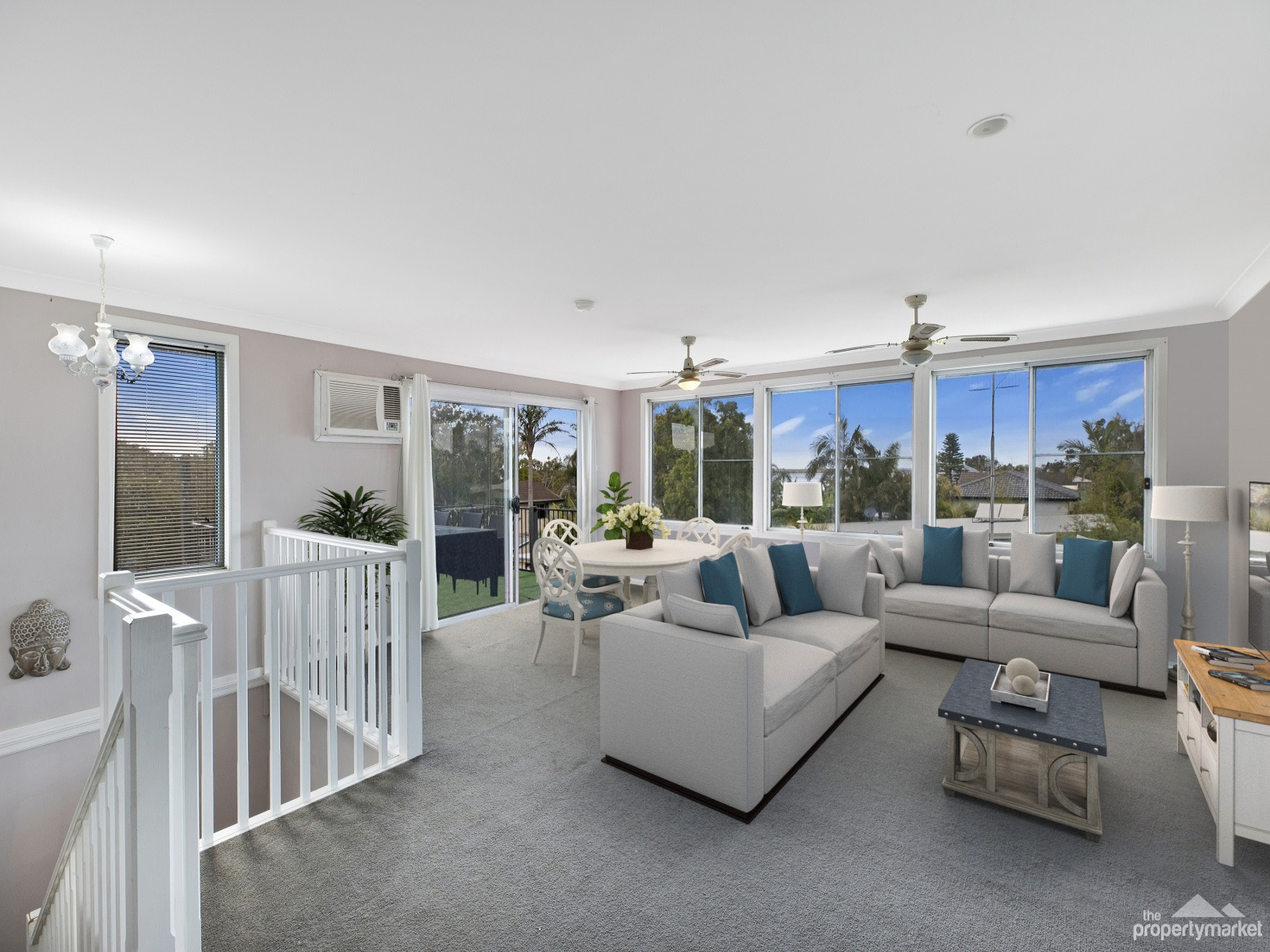Over half of Aussie tenants are expected to struggle to afford their rent as a result of COVID-19
More than half of Australian tenants are struggling to afford their rent each month as a result of the coronavirus pandemic.

Many tenants are under increased pressure. Picture: AAP Image/Lukas Coch.
New research found 60 per cent of tenants are either facing immediate problems in affording rent, or anticipated they would not be able to in the coming months.
The “Post pandemic landlord – renter relationships in Australia” report undertaken for the Australian Housing and Urban Research Institute (AHURI) also found financial hardship tenants were experiencing extended to not being able to pay utility bills on time, going without meals and being unable to heat their homes.

25 per cent of tenants are struggling right now to afford rent, while 35 per cent expect to in the coming months. Picture: Sam Ruttyn.
This saw half of those Australians surveyed this past winter by teams at RMIT University and the University of Adelaide ask for a reduction in rent. However, only 50 per cent of those renters who asked were granted one to their satisfaction.
Landlords who owned their investment properties outright were better placed to offer reduced rent rather, while those with mortgages felt conflicted with many wanting to avoid falling into financial hardship themselves.
RMIT University researcher Dr David Oswald said while JobKeeper and JobSeeker payments had kept the situation at bay for many, it has exposed flaws in Australia’s housing system.
“Without this government support, many tenants would be in a significantly worse position, including potentially homeless,” he said.
“The pandemic has amplified many weaknesses – such as affordability, rental security, overcrowding and homelessness – in the Australian housing system; and in particular, exacerbated many existing challenges in the rental sector.”
The report calls on the government to introduce a protective negotiation framework to structure rent negotiations as a more formal process, policy flexibility on moving house to reduce the risk of homelessness and establishing a landlord hardship fund. The NSW Government has extended its residential tenancy moratorium on evictions until March 31 to ease concerns many renters are facing in this area.

Lead researcher Dr David Oswald from RMIT University. Picture: LinkedIn.
The moratorium prevents landlords evicting tenants who are financially disadvantaged by COVID-19, and allows impacted renters to break a lease without penalty.
Ray White Erskineville and Surry Hills head of property management Melinda Fiori said many of her tenants had needed support because of COVID-19.
“We had 160 properties impacted, with many tenants going on payment plans, while I know some had to withdraw from their superannuation account to support themselves,” she said.
Ms Fiori said there is more positivity in the air among renters with the economy in NSW having reopened.

The Sydney CBD has been the hardest hit region in Greater Sydney. Picture: NCA NewsWire/Christian Gilles.
“Most tenants are in a much better place than six months ago,” she said.
“Those still doing it tough have looked at leaving the inner city for suburbs further out where they can get a better deal.”
The research follows data released last month that found the Sydney CBD was still the hardest hit region since the pandemic started with vacancy rates 10 per cent higher than a year ago at 13 per cent. SQM Research reported apartment rents in the CBD dropped by 7 per cent over September and are now nearly 26 per cent cheaper than a year ago.
Originally published on news.com.au




